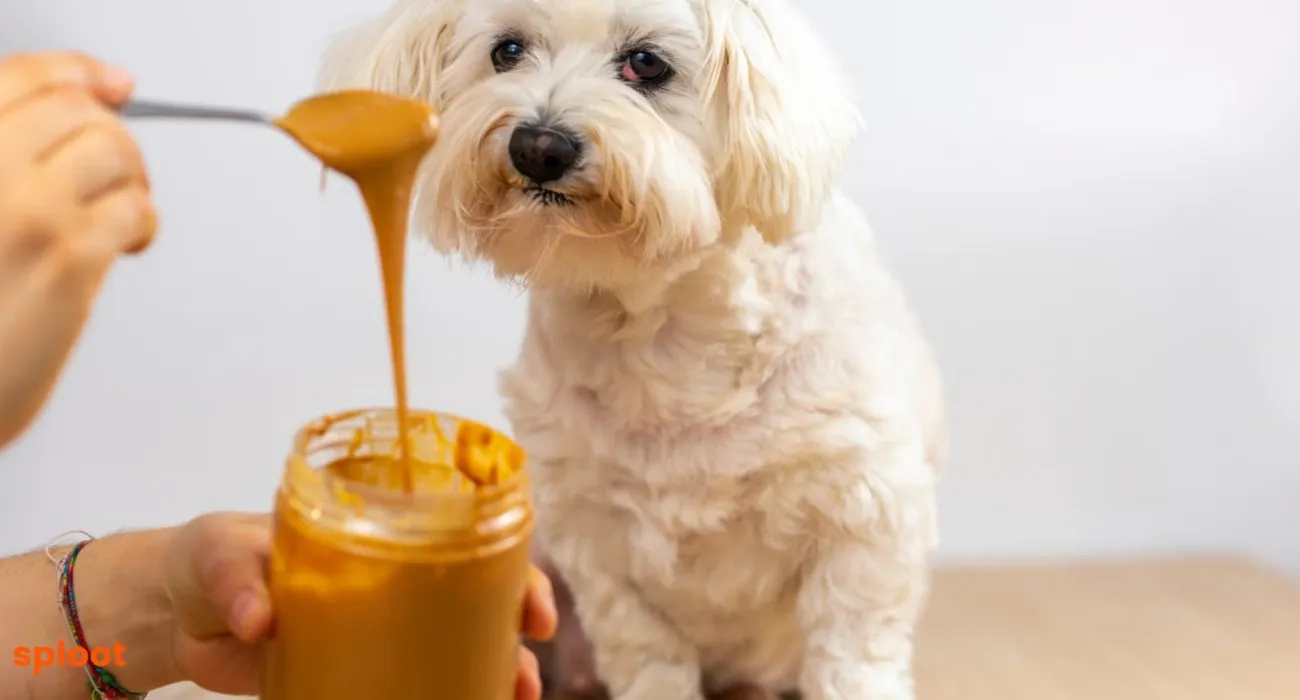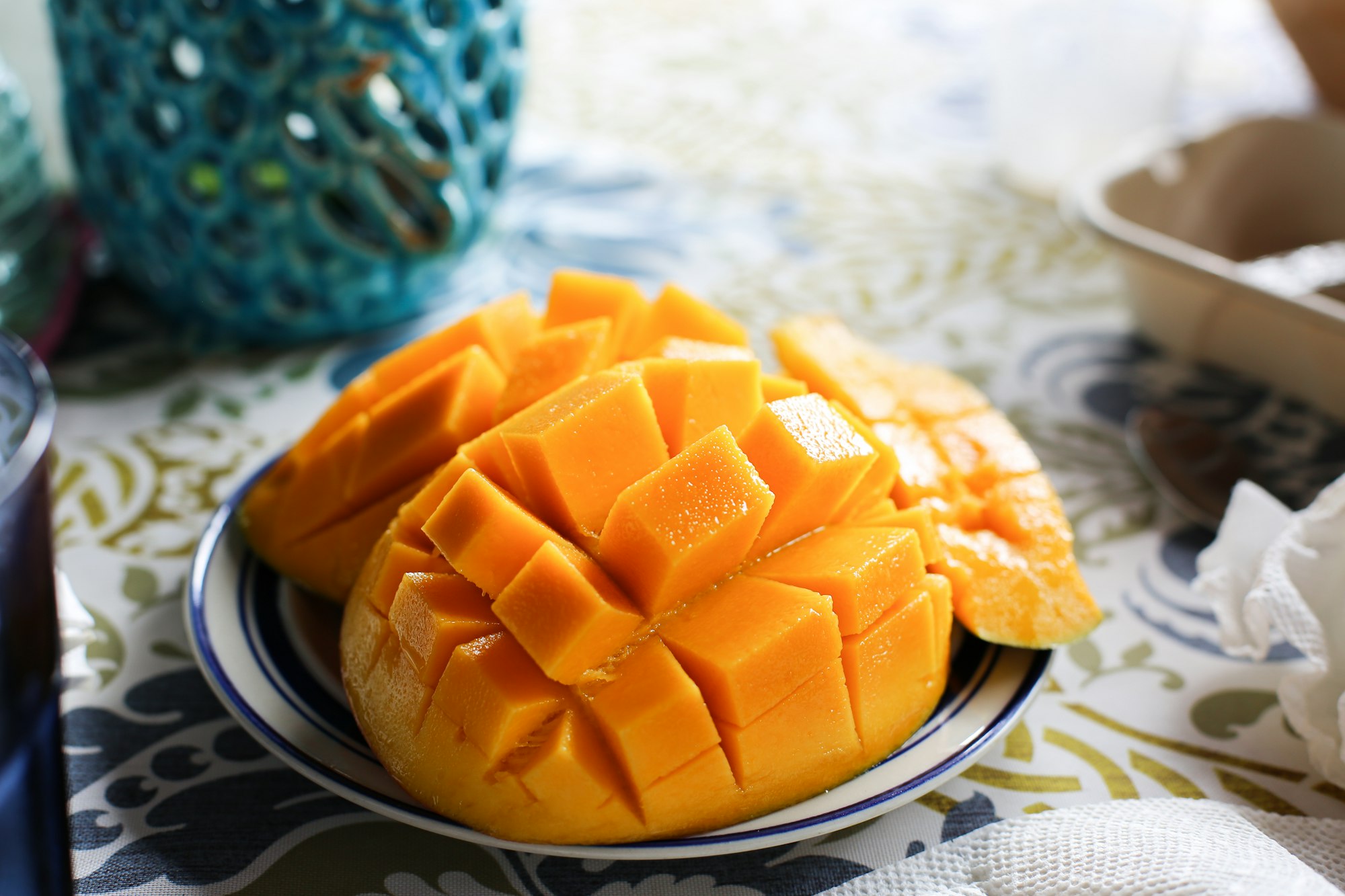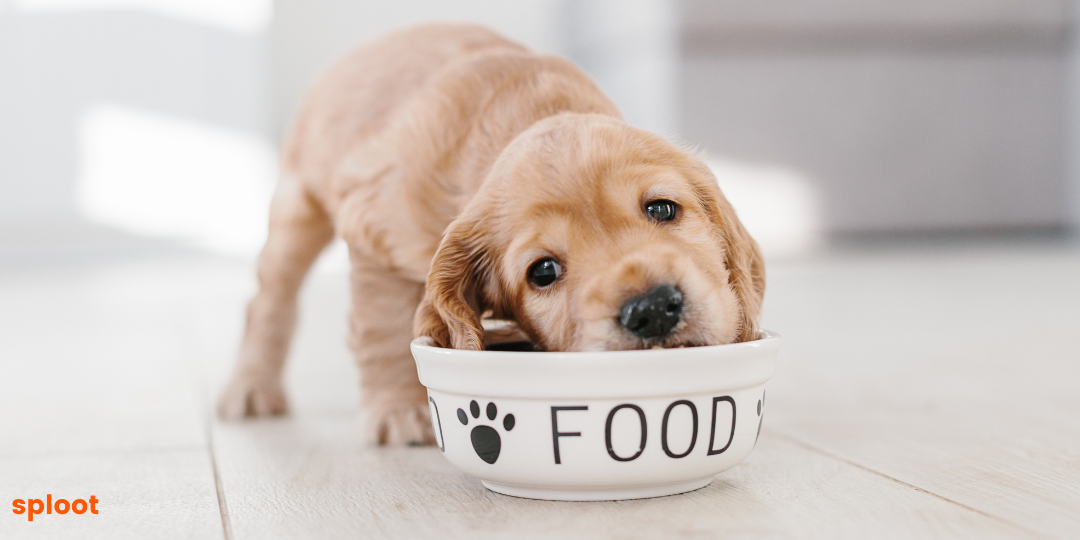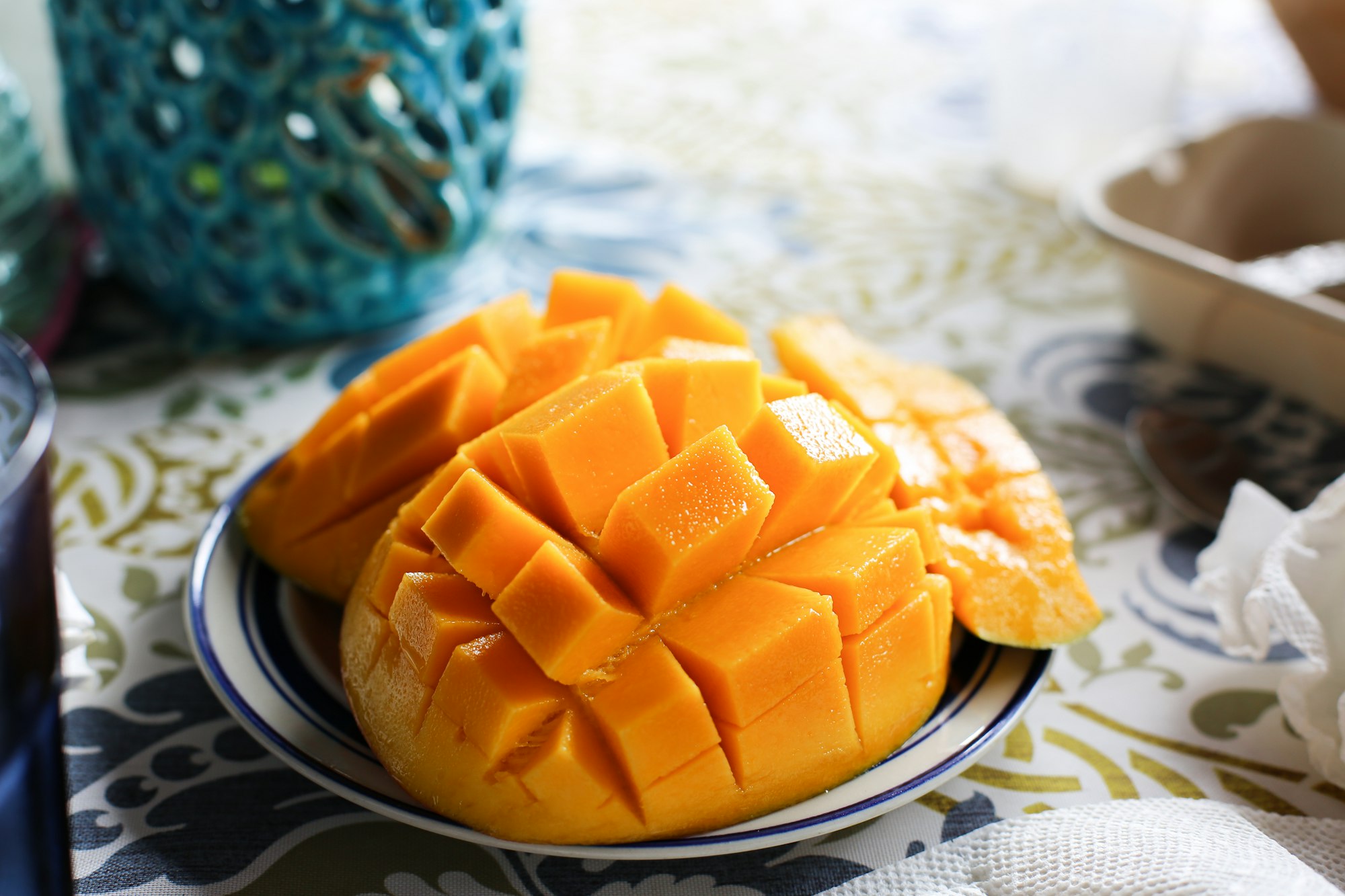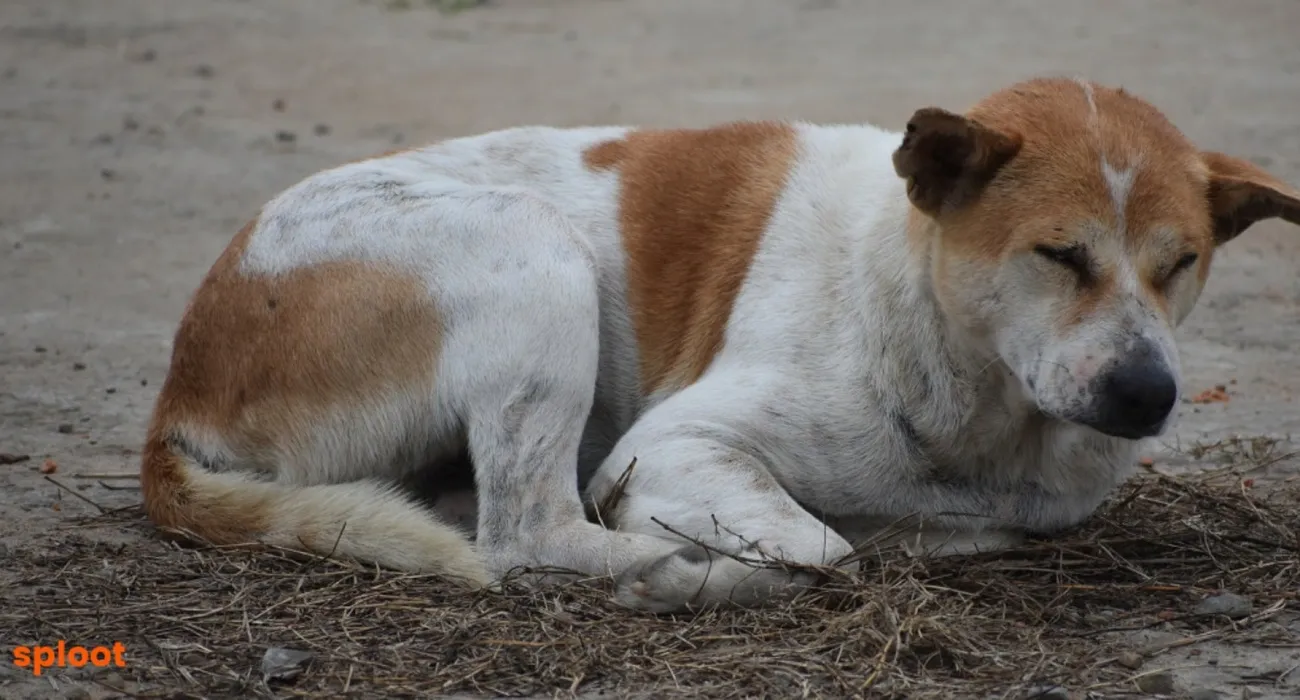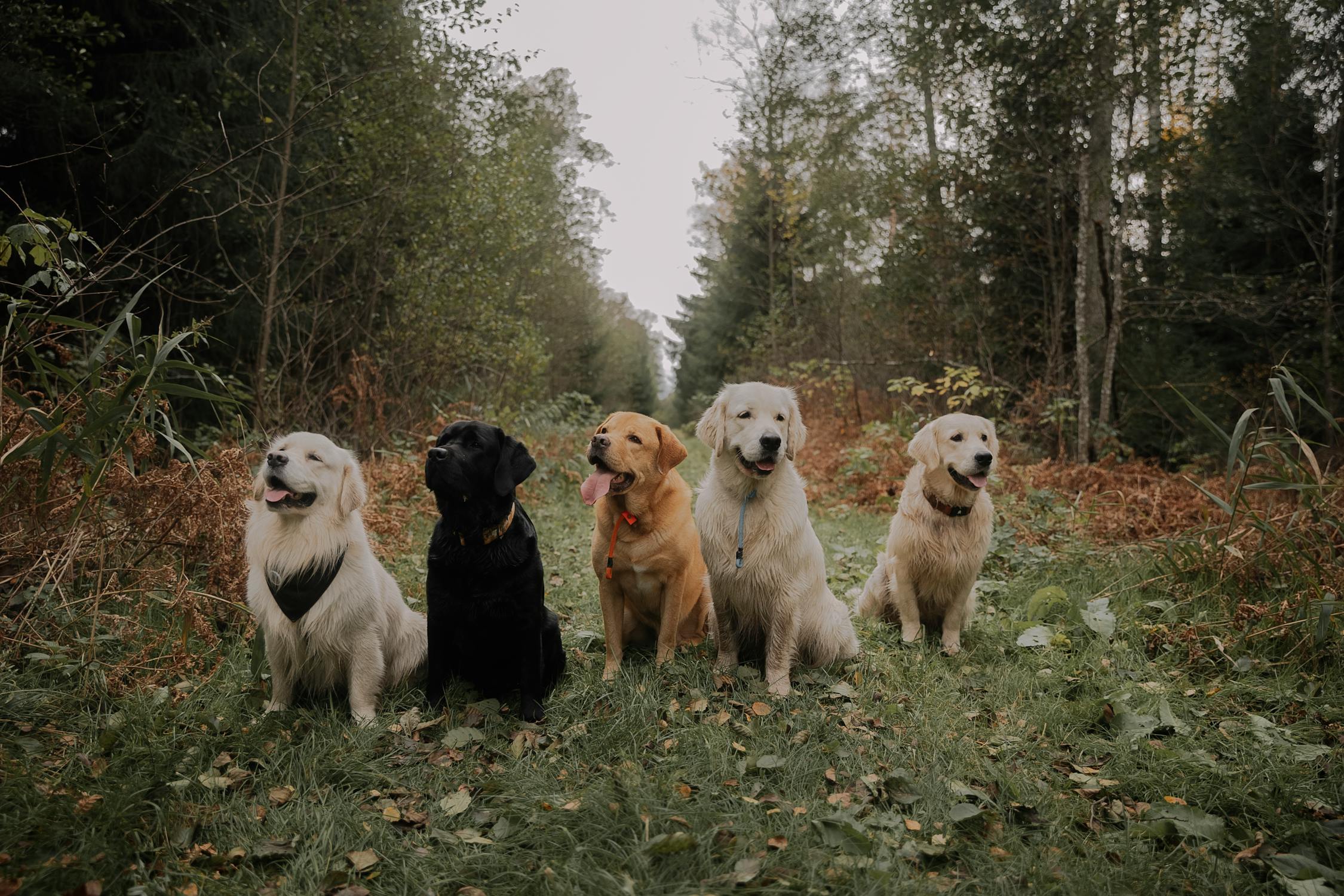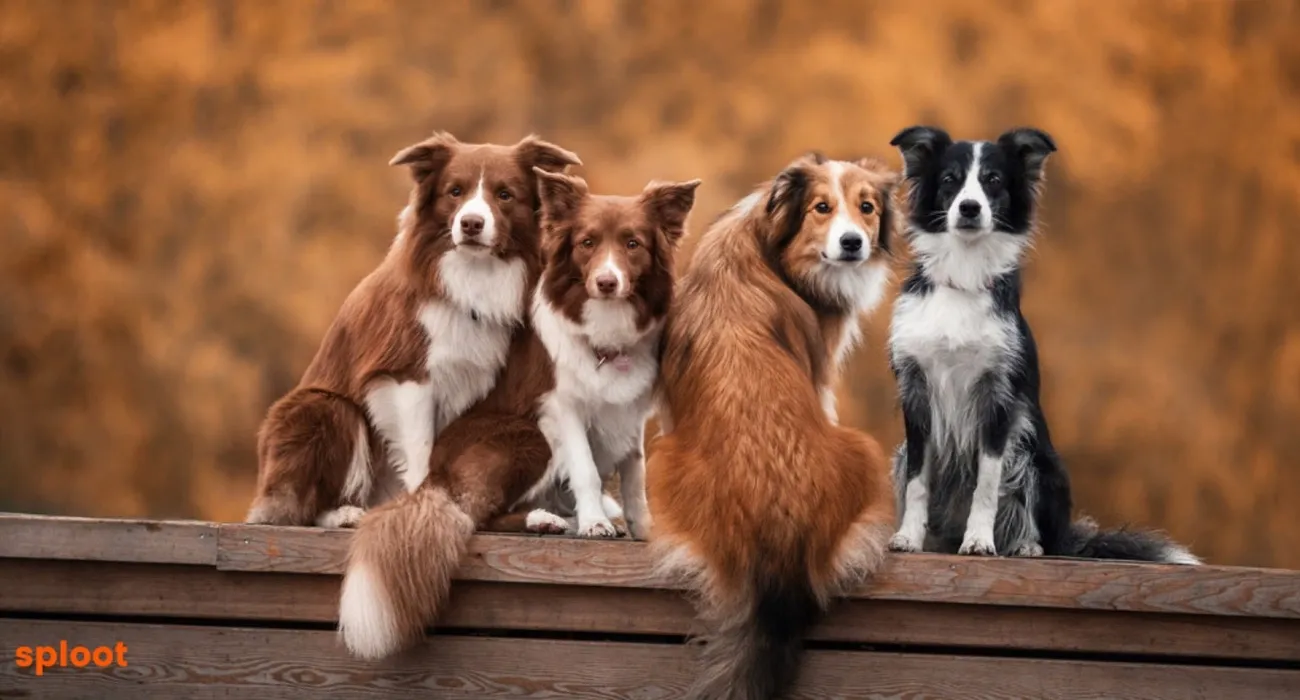Peanut butter and peanuts are popular treats for humans, but can dogs eat peanuts or peanut butter safely? The answer is yes, but with a few important caveats. As a responsible pet owner, it's crucial to understand the potential benefits and risks of feeding these nutty snacks to your furry friend.
Is Peanut Butter Good for Dogs?
Peanut butter can be a tasty and nutritious treat for dogs in moderation. It's a good source of protein, healthy fats, and various vitamins and minerals. However, not all peanut butter is created equal. Always choose a natural, unsalted variety without added sugars or artificial sweeteners like xylitol, which can be toxic to dogs.
Peanut butter can be a useful tool for administering medications or supplements to your dog, as its flavor often entices even the pickiest eaters. It's also a common ingredient in homemade dog treats and can be used as a training reward.
Are Peanuts Good for Dogs?
Like peanut butter, peanuts can be a healthy snack for dogs in moderation. They are rich in protein, fiber, and heart-healthy fats. Peanuts also contain various vitamins and minerals, such as vitamin B6, niacin, and magnesium.
However, peanuts should be fed in their unsalted, unseasoned form, as excessive salt and seasoning can be harmful to dogs. It's also important to note that peanuts are high in fat, so they should be given in moderation, especially to dogs prone to obesity or pancreatitis.
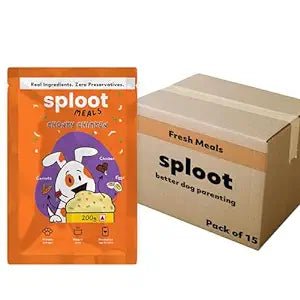
Potential Risks and Precautions
While peanut butter and peanuts can be safe for dogs to consume, there are some potential risks to be aware of:
Allergies: Just like humans, some dogs can be allergic to peanuts or peanut butter. Symptoms of an allergic reaction may include vomiting, diarrhea, itching, or difficulty breathing. If you suspect your dog has an allergy, discontinue feeding peanut products and consult your veterinarian.
Choking Hazard: Peanuts and peanut butter can pose a choking risk, especially for smaller dogs or dogs who tend to gulp their food. Always supervise your dog when giving them peanuts or peanut butter, and consider spreading the peanut butter thinly on a treat or mixing it into their regular food.
Obesity: Peanut butter and peanuts are high in fat and calories, which can contribute to weight gain and obesity in dogs if consumed in excess. Limit their intake and adjust their overall calorie intake accordingly.
Xylitol: Some peanut butter brands contain xylitol, an artificial sweetener that is highly toxic to dogs. Always read the ingredient label carefully and choose a xylitol-free peanut butter.
Salt and Sugar: Excessive salt and sugar in peanut butter can be harmful to dogs, potentially leading to issues like dehydration, electrolyte imbalances, or weight gain. Opt for natural, unsalted, and unsweetened varieties.

How to Safely Feed Peanut Butter and Peanuts to Dogs
If you've determined that your dog doesn't have any allergies or sensitivities to peanuts or peanut butter, you can incorporate these treats into their diet in moderation. Here are some tips for you if you are wondering 'can dogs eat peanuts':
Start with small amounts: Introduce peanut butter or peanuts gradually to your dog's diet, and monitor their reaction. Start with just a small amount and increase it slowly over time if they tolerate it well.
Spread it thin: To prevent choking, spread peanut butter thinly on a treat or mix it into their regular food.
Limit portions: Peanut butter and peanuts should be given as occasional treats, not a regular part of your dog's diet. Follow the 10% rule, where treats should make up no more than 10% of your dog's daily calorie intake.
Choose unsalted and unsweetened varieties: Opt for natural, unsalted peanut butter without added sugars or artificial sweeteners like xylitol.
Monitor for reactions: Keep an eye out for any signs of an allergic reaction, such as vomiting, diarrhea, or itching, and discontinue feeding if any adverse reactions occur.
Consult your veterinarian: If you have any concerns or questions about feeding peanut butter or peanuts to your dog, consult with your veterinarian for personalized advice.
Conclusion
In moderation, peanut butter and peanuts for dogs can be a safe and nutritious trea. These nutty snacks offer a good source of protein, healthy fats, and various vitamins and minerals. However, it's important to be mindful of potential risks, such as allergies, choking hazards, and excessive calorie intake. Always choose natural, unsalted varieties, introduce them gradually, and monitor your dog's reaction. With proper precautions and moderation, peanut butter and peanuts can be a delicious and enjoyable treat for your furry friend.


